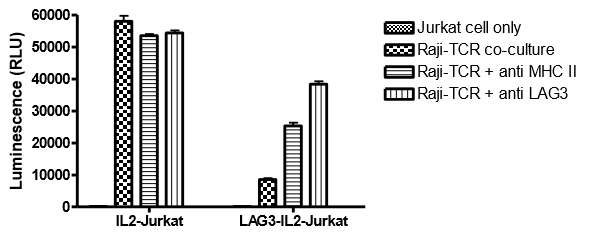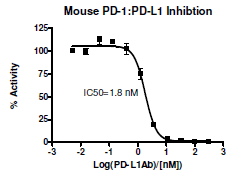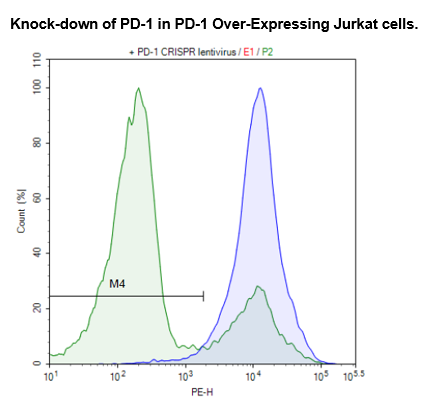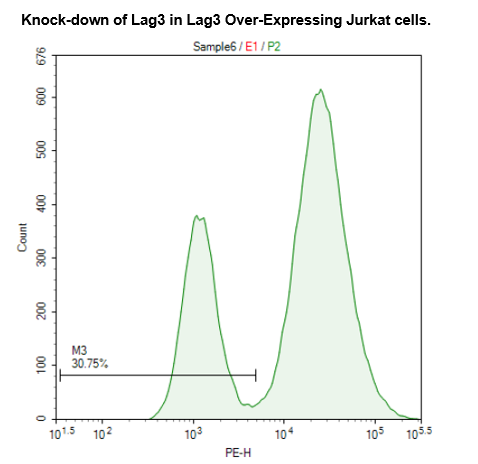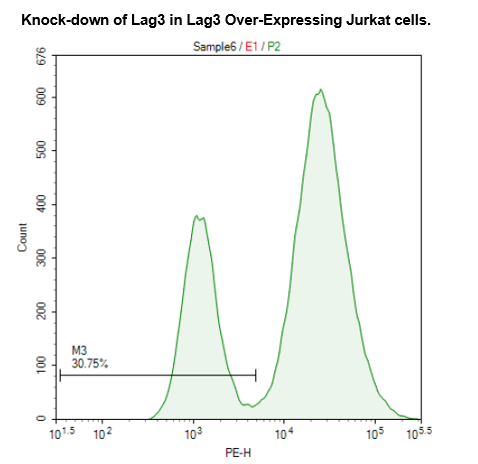
LAG3 CRISPR/Cas9 Lentivirus (Integrating)
78053
Product group Molecular Biology
Overview
- SupplierBPS Bioscience
- Product NameLAG3 CRISPR/Cas9 Lentivirus (Integrating)
- Delivery Days Customer7
- CertificationResearch Use Only
- Hazard Informationun3373
- Scientific DescriptionLymphocyte-activation gene 3 (LAG3, CD223) is a cell surface protein that belongs to the immunoglobulin (Ig) superfamily. LAG3 is expressed on activated T-cells, Natural Killer cells, B-cells, and plasmacytoid dendritic cells. Its main ligand is the MHC class II, to which it binds with higher affinity than CD4. It negatively regulates cellular proliferation, activation, and homeostasis of T-cells in a similar fashion as CTLA-4 and PD-1, and has been reported to play a role in T-reg suppressive function. A number of LAG3 antibodies are in preclinical development for the treatment of cancer and autoimmune disorders. LAG3 may be a better immune checkpoint inhibitor target than CTLA-4 or PD-1, because antibodies targeting CTLA-4 or PD-1 only activate effector T-cells while failing to inhibit T-reg activity, whereas an antagonist LAG3 antibody can both activate effector T-cells (by downregulating the LAG3 inhibiting signal) and inhibit induced (i.e. antigen-specific) T-reg suppressive activity. The LAG3 CRISPR Lentiviruses are replication incompetent, HIV-based, VSV-G pseudo-typed lentiviral particles that are ready to be transduced into almost all types of mammalian cells, including primary and non-dividing cells. The particles contain a CRISPR/Cas9 gene driven by an EF1a promoter, along with 4 sgRNA (single guide RNA) targeting human LAG3 (GenBank Accession #NM_002286) driven by a U6 promoter (Figures 1 and 2). The integrating lentivirus integrates randomly into the cells genome to express both the Cas9 and sgRNA. Puromycin selection increases the knockout efficiency by forcing high expression levels of both Cas9 and the sgRNA, and can be used with the integrating lentivirus to quickly and easily achieve high knockdown efficiencies in a cell pool. Efficiencies also depend on the cell type and the gene of interest.
- Storage Instruction-80°C
- UNSPSC41115812
- SpeciesVirus

